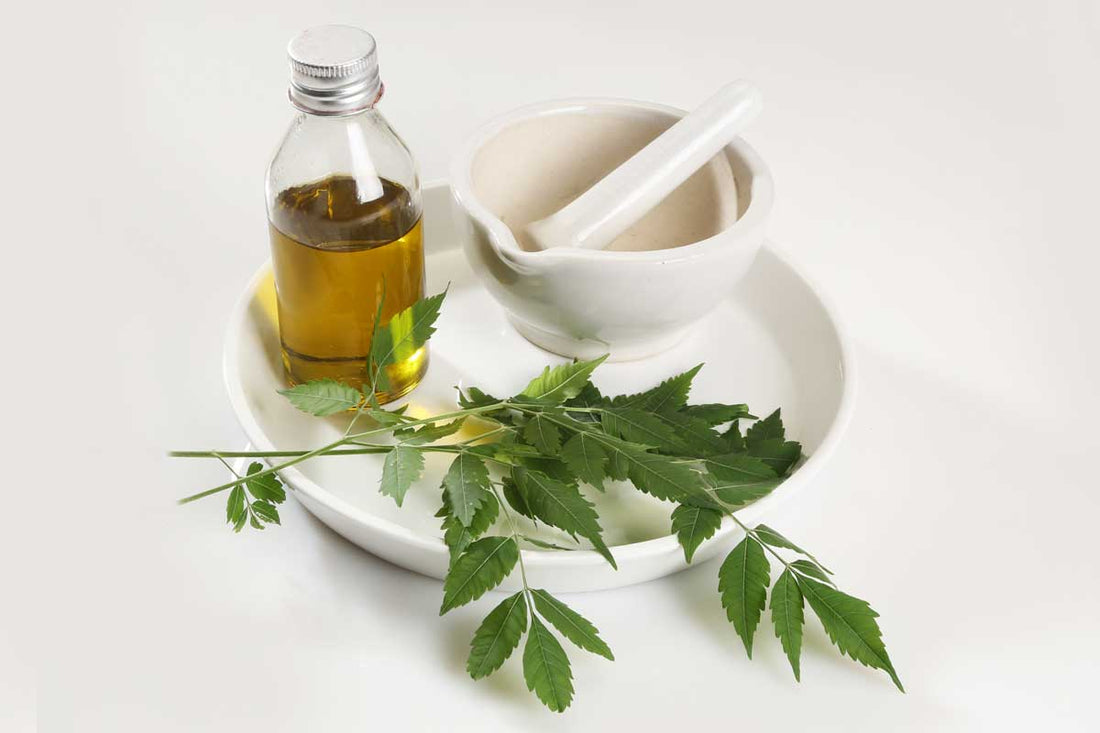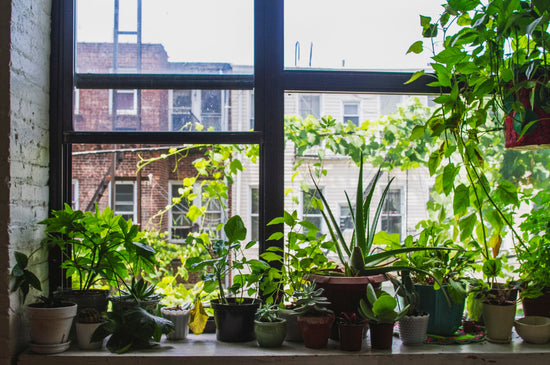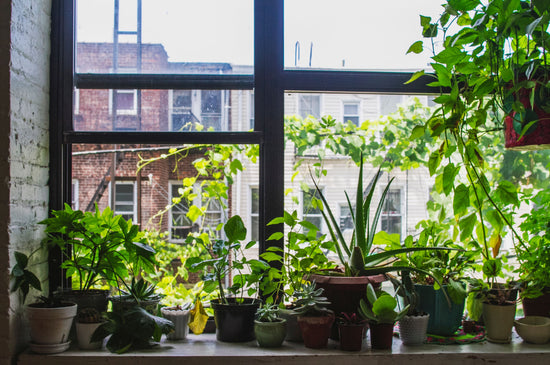All About Neem Oil: A Natural Solution for Plant Care
Neem oil is a versatile, natural remedy for plant care that has gained popularity among gardeners and plant enthusiasts. Extracted from the seeds of the neem tree (Azadirachta indica), this organic oil is a powerful tool for managing pests, preventing fungal diseases, and boosting overall plant health. Here’s everything you need to know about using neem oil for your indoor and outdoor plants.
What Is Neem Oil?
Neem oil is a plant-based oil packed with active compounds like azadirachtin, which disrupts the life cycle of pests and prevents their reproduction. It’s a biodegradable, eco-friendly alternative to chemical pesticides, making it safe for plants, pets, and humans when used correctly.
Benefits of Neem Oil for Plants
- Pest Control: Neem oil effectively repels and kills common plant pests such as aphids, spider mites, mealybugs, and whiteflies.
- Fungal Disease Prevention: Its antifungal properties help combat diseases like powdery mildew, black spot, and rust.
- Eco-Friendly: Neem oil is safe for beneficial insects like bees and ladybugs when applied responsibly, as it only targets pests that feed on plants.
- Versatile Usage: Suitable for both indoor and outdoor plants, neem oil can be used on flowers, vegetables, herbs, and houseplants.
How to Use Neem Oil
-
As a Foliar Spray
- Mix neem oil with water and a small amount of mild dish soap (to help the oil emulsify). A common ratio is:
- 1 teaspoon of neem oil
- 1 quart of water
- A few drops of dish soap
- Pour the mixture into a spray bottle and shake well. Spray the solution onto the plant's leaves, making sure to cover both the tops and undersides.
- Mix neem oil with water and a small amount of mild dish soap (to help the oil emulsify). A common ratio is:
-
As a Soil Drench
- Dilute neem oil as above and pour it directly into the soil around your plant. This helps manage pests like fungus gnats and soil-borne diseases.
-
For Preventative Care
- Use neem oil every 2–4 weeks as a preventative measure, especially during pest-prone seasons like spring and summer.
When to Apply Neem Oil
- Timing: Apply neem oil in the early morning or late evening to avoid direct sunlight, which can cause leaf burn.
- Frequency: For active infestations, use neem oil once a week until the pests are under control. For maintenance, apply every few weeks.
Precautions When Using Neem Oil
- Test Before Full Use: Before spraying neem oil on your entire plant, test a small section of leaves and wait 24 hours to check for sensitivity or damage.
- Avoid Overuse: Too much neem oil can clog leaf pores and hinder photosynthesis. Stick to recommended dilution ratios.
- Store Properly: Keep neem oil in a cool, dark place to maintain its potency.
Plants That Benefit from Neem Oil
- Houseplants: Ideal for combating common indoor pests like spider mites and mealybugs on plants like pothos, monstera, and philodendrons.
- Vegetables and Herbs: Safe for edible plants like tomatoes, basil, and lettuce, provided you wash the produce thoroughly before consumption.
- Ornamentals: Protects flowers like roses and hydrangeas from fungal diseases and pests.
FAQs About Neem Oil
Q: Can neem oil harm my plants?
A: When used correctly and in the right dilution, neem oil is safe. However, applying it in direct sunlight or overusing it can cause leaf burn.
Q: Is neem oil safe for pets?
A: Neem oil is generally safe for pets when used as directed, but avoid letting them chew on freshly treated plants.
Q: Can I use neem oil on all plants?
A: Most plants tolerate neem oil well, but delicate plants like ferns or succulents with waxy coatings may be sensitive. Test a small area first.
Q: How long does neem oil take to work?
A: Neem oil disrupts pests’ life cycles, so you may see results within a few days, with complete control taking up to two weeks.
Neem oil is a natural, effective solution to keep your plants healthy and pest-free. With proper application, it can be an indispensable part of your plant care routine, offering protection and nourishment while staying environmentally friendly.





